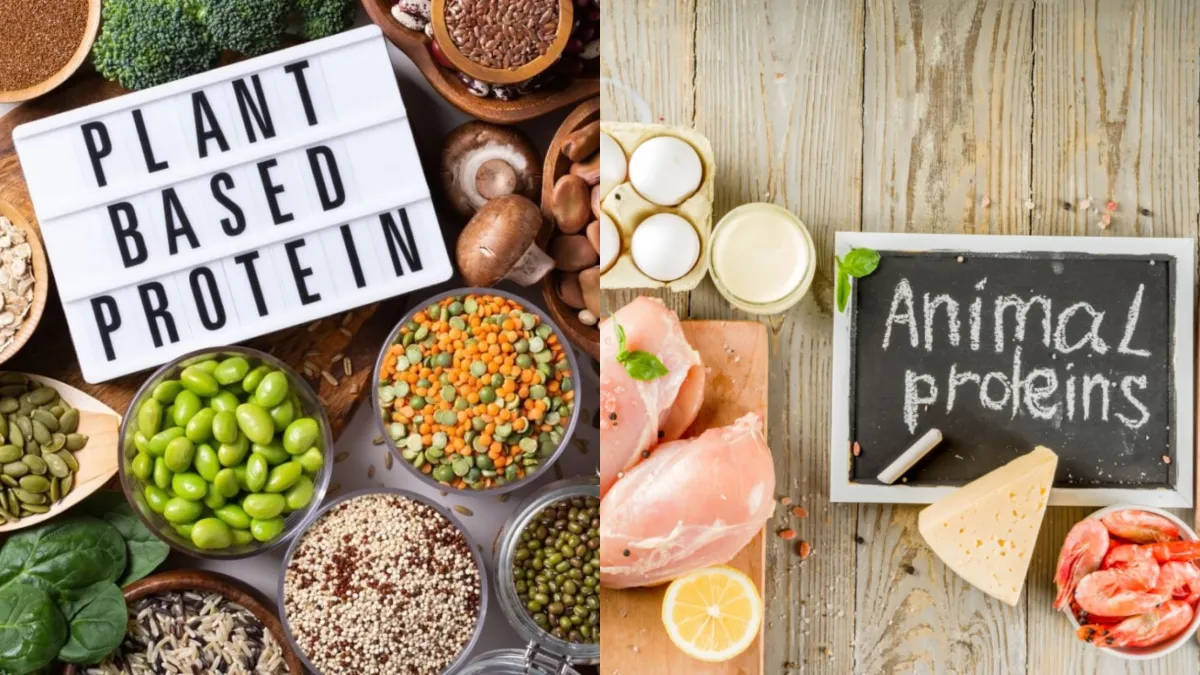Protein is an essential macronutrient that plays a crucial role in building and repairing tissues, producing enzymes and hormones, and supporting overall bodily functions. While both plant and animal sources provide protein, there has been ongoing debate regarding which is healthier. In this article, we will delve into the comparison between plant protein and animal protein on various aspects to determine which option may be more beneficial for overall health.
Nutritional composition:
Plant protein and animal protein differ in their nutritional compositions. Plant-based proteins typically contain fibre, vitamins, minerals, and phytonutrients, while animal proteins are rich in essential amino acids, vitamins, and minerals. However, animal proteins often come with saturated fats and cholesterol, which can increase the risk of heart disease and other health issues when consumed in excess.
Digestibility and absorption:
Animal proteins are often considered to have higher digestibility and absorption rates compared to plant proteins. This is primarily because animal proteins contain all the essential amino acids in proportions that are easily utilised by the human body. Plant proteins, on the other hand, may lack one or more essential amino acids, making it necessary to consume a variety of plant-based foods to ensure adequate protein intake and amino acid balance.
Antioxidants and phytonutrients:
Plant proteins often contain antioxidants and phytonutrients, which have been shown to have various health benefits, including reducing inflammation, boosting immune function, and protecting against chronic diseases such as cancer and neurodegenerative disorders. Animal proteins generally lack these beneficial compounds.
Bone health:
Some studies suggest that excessive intake of animal proteins, particularly animal-derived sources of protein like red meat, may negatively impact bone health by increasing urinary calcium excretion and promoting bone resorption. In contrast, plant-based proteins, such as legumes, leafy greens, and fortified plant milk, contain nutrients like calcium, magnesium, and vitamin K, which are essential for maintaining bone density and reducing the risk of osteoporosis.
Weight management:
Plant-based proteins tend to be lower in calories and fat compared to many animal proteins. Additionally, the high fibre content of plant-based foods can promote feelings of fullness and satiety, making it easier to manage weight and prevent overeating. Diets rich in plant-based proteins have been associated with lower body mass index (BMI) and reduced risk of obesity compared to diets high in animal proteins.

